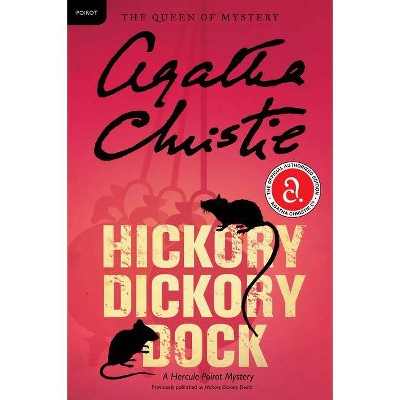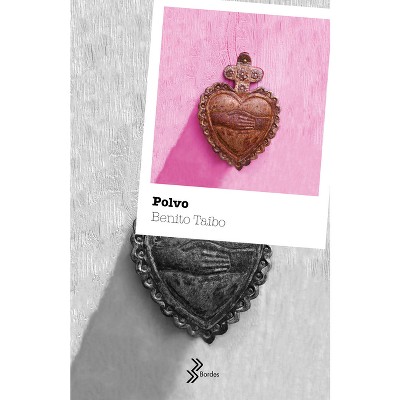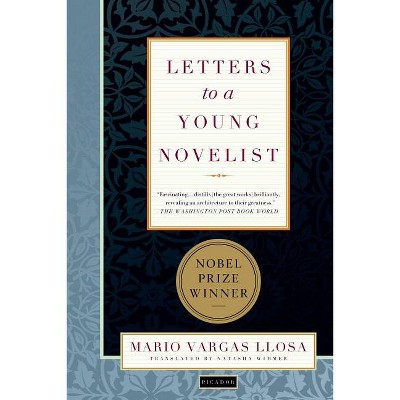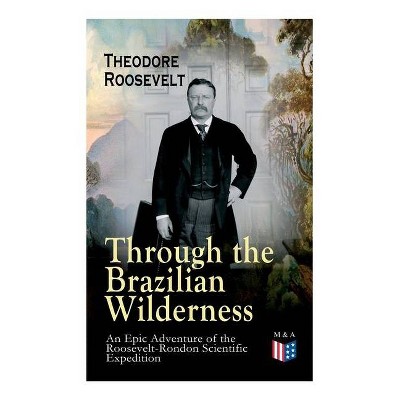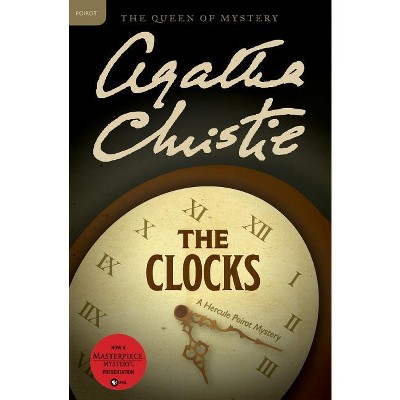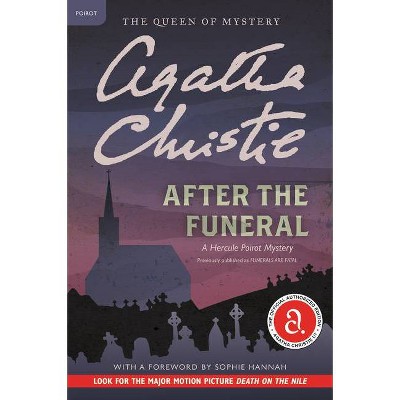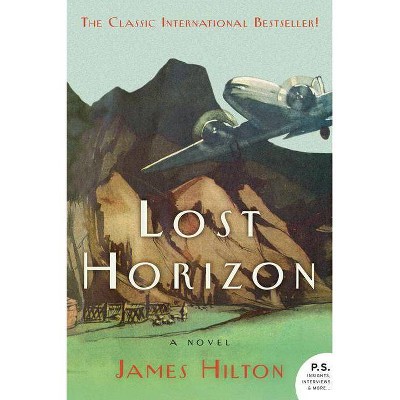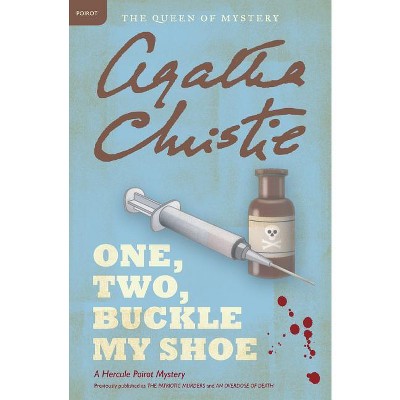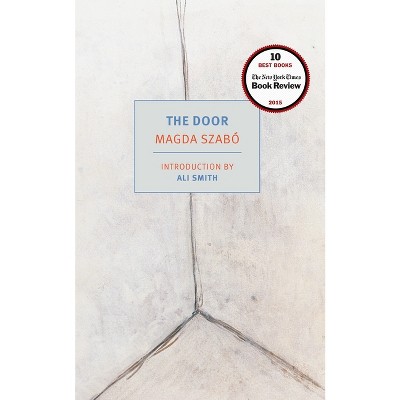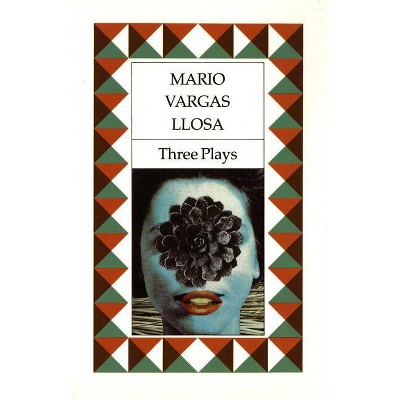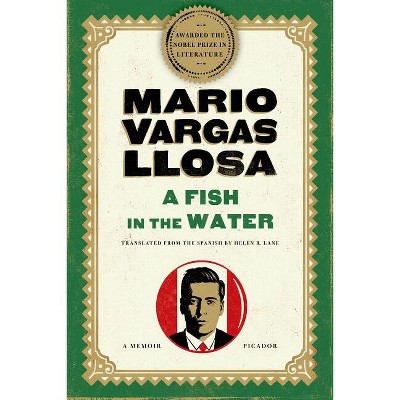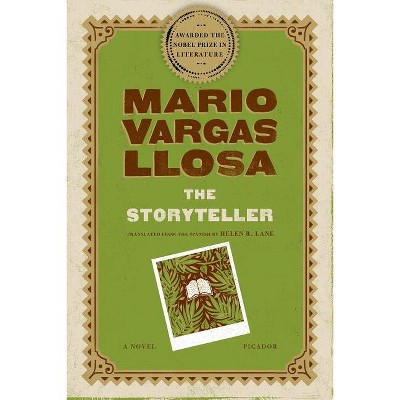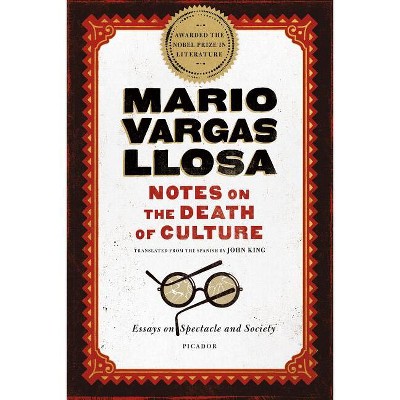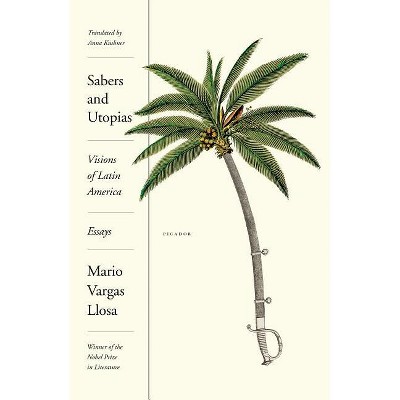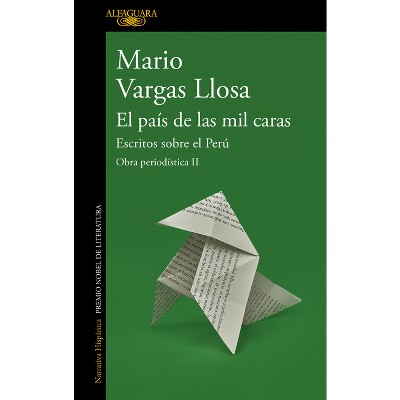Sponsored

The Discreet Hero - by Mario Vargas Llosa (Paperback)
In Stock
Sponsored
About this item
Highlights
- WINNER OF THE NOBEL PRIZE IN LITERATUREA tale of two cities--Piura and Lima--rocked by scandal, and the disintegrating bonds of loyalty between the generations Nobel laureate Mario Vargas Llosa's novel follows two fascinating characters whose lives are destined to intersect: neat, endearing Felícito Yanaqué, a small businessman in Piura, Peru, who finds himself the victim of blackmail; and Ismael Carrera, a successful owner of an insurance company in Lima, who cooks up a plan to avenge himself against the two lazy sons who want him dead.
- About the Author: Mario Vargas Llosa was born in Peru in 1936.
- 336 Pages
- Fiction + Literature Genres, Literary
Description
Book Synopsis
WINNER OF THE NOBEL PRIZE IN LITERATURE
A tale of two cities--Piura and Lima--rocked by scandal, and the disintegrating bonds of loyalty between the generations
Review Quotes
"In the star-studded world of the Latin American novel, Mario Vargas Llosa is a supernova." --Raymond Sokolov, The Wall Street Journal
"[A] singular all-star performance . . . that proves that the Peruvian master is still at the top of his narrative game . . . The Discreet Hero is an exquisite concoction, a delicious melodrama of sex and betrayal, love and revenge. But what technique is needed! While real television soap operas are shaggy and plodding, Vargas Llosa's novel is swift, seamless and as structurally symmetrical as a diamond." --Marcela Valdes, The Washington Post"Often funny; you turn the pages with relish; it offers plenty to think about and admire. . . . [The Discreet Hero] immerses you in the way you hope any novel will immerse you."--Francisco Goldman, The New York Times Book Review "Simultaneously exotic and familiar in the way that all great literature seems to be. Its ease is that of a mastery playing at his craft, using danger, fear, evil, and empathy to carry the reader along. . . . Mario Vargas Llosa knows exactly what he's doing."--Los Angeles Times "The Discreet Hero, [is] an energetic book with a more straightforward narrative method than almost any other Vargas Llosa . . . [the book] is most memorable for its optimism . . . and for the way in which Don Rigoberto is forced away from his etchings and phonograph records and into the 'sordid warp and woof' of the world he has scorned." --Thomas Mallon, The New Yorker "Irresistible . . . Father-and-son conflict is the theme that connects the two story lines and ensures an unbreakable connection between this fabulously arresting novel and the fortunate reader who steps into its pages. Vargas Llosa [is] a soaring storyteller." --Booklist "Lyrical and witty . . . A vivid tale of fathers and sons, rich and poor, this novel gives the world another reason to celebrate Vargas Llosa." --Publishers Weekly
About the Author
Mario Vargas Llosa was born in Peru in 1936. He was awarded the Nobel Prize in Literature "for his cartography of structures of power and his trenchant images of the individual's resistance, revolt, and defeat." He also won the Miguel de Cervantes Prize, the Spanish-speaking world's most distinguished literary honor. His many works of fiction and nonfiction include The Feast of the Goat, In Praise of the Stepmother, and Aunt Julia and the Scriptwriter, all published by FSG. He died in Lima at age 89 in 2025.
One of our most celebrated translators of literature in Spanish, Edith Grossman translated the works of the Nobel laureates Mario Vargas Llosa and Gabriel García Márquez, among others. Her version of Miguel de Cervantes's Don Quixote is considered the finest translation of the Spanish masterpiece in the English language.Shipping details
Return details
Frequently bought together
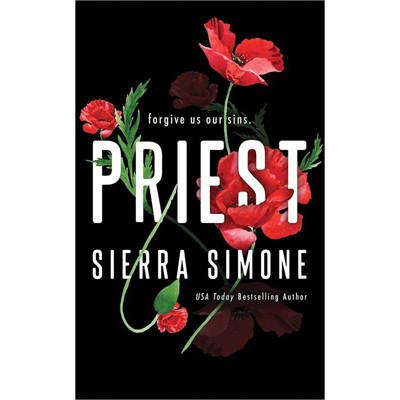
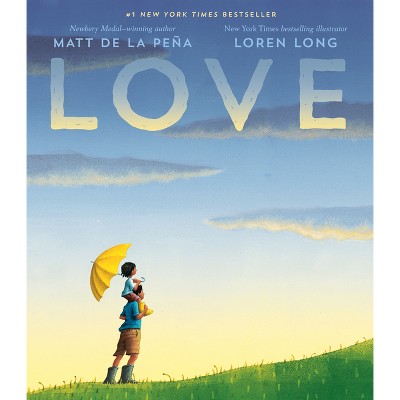
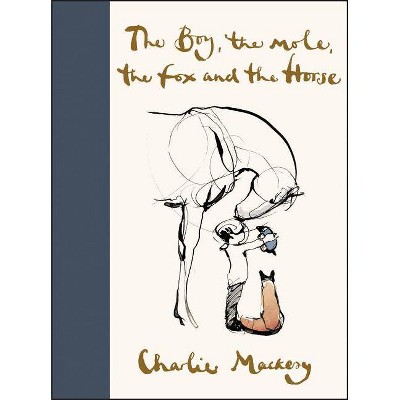
Guests also viewed
